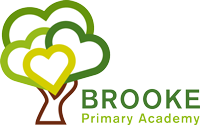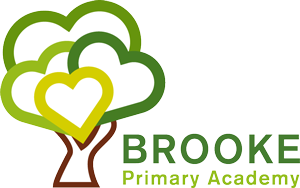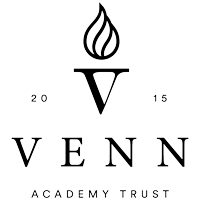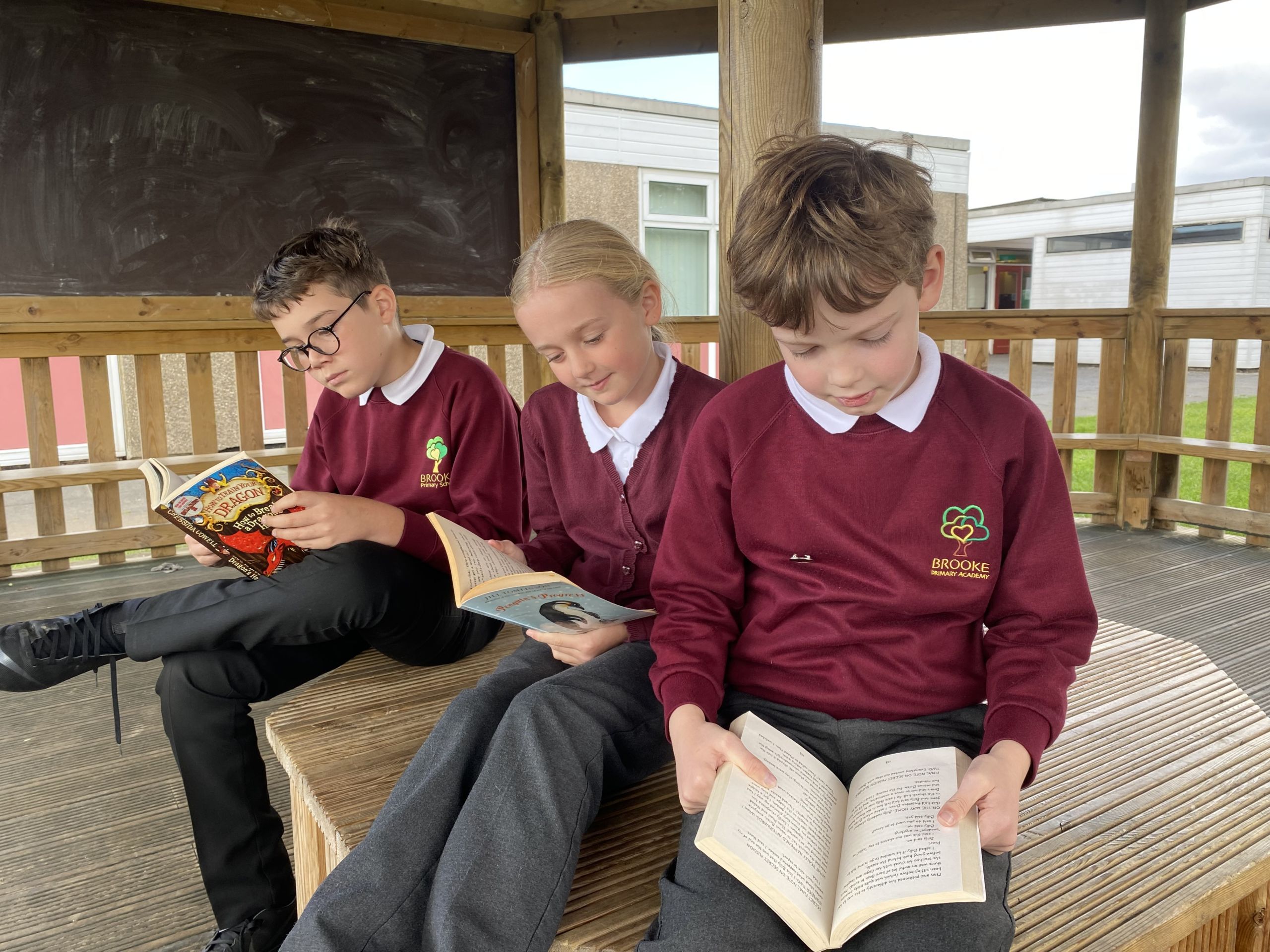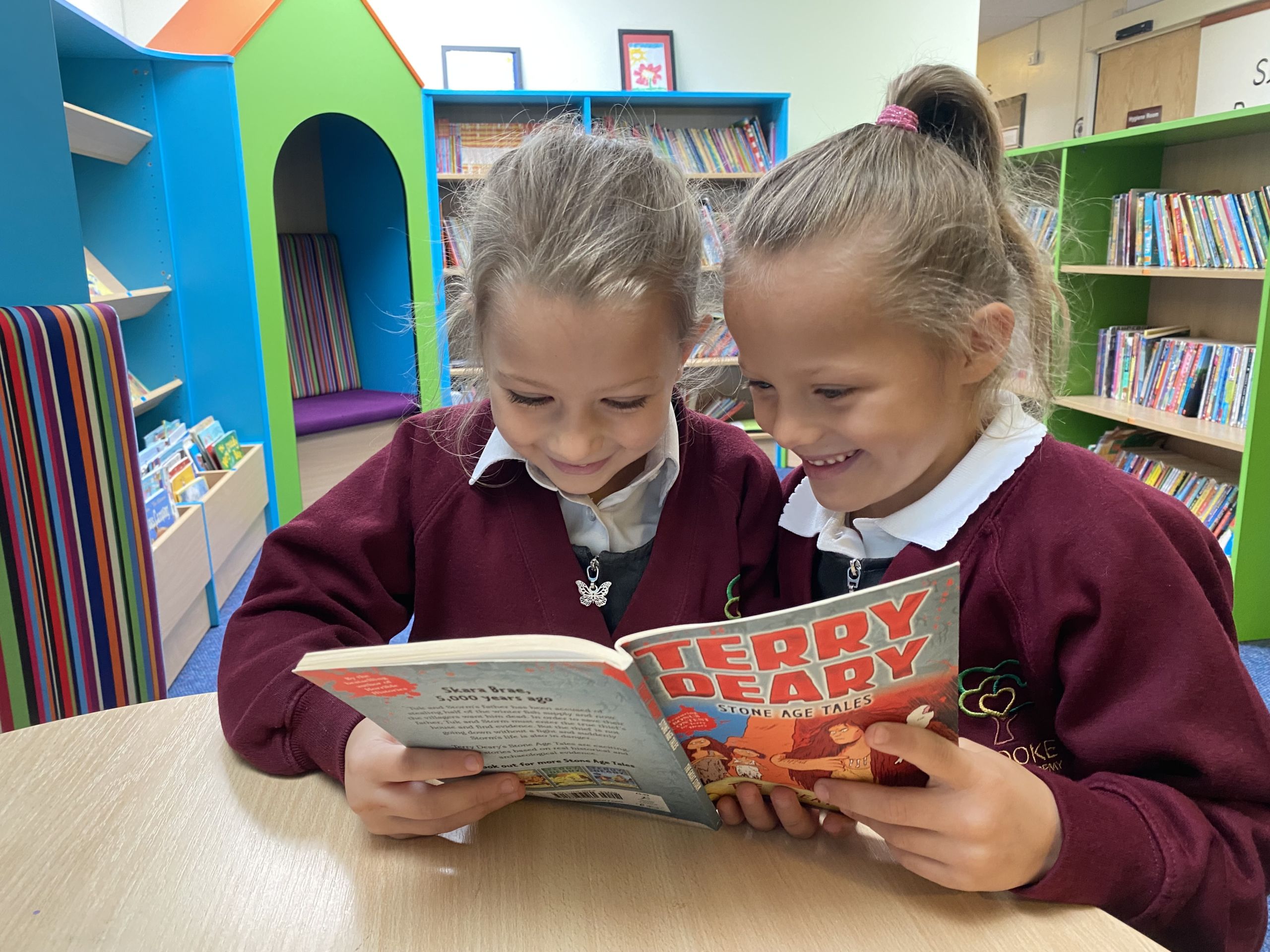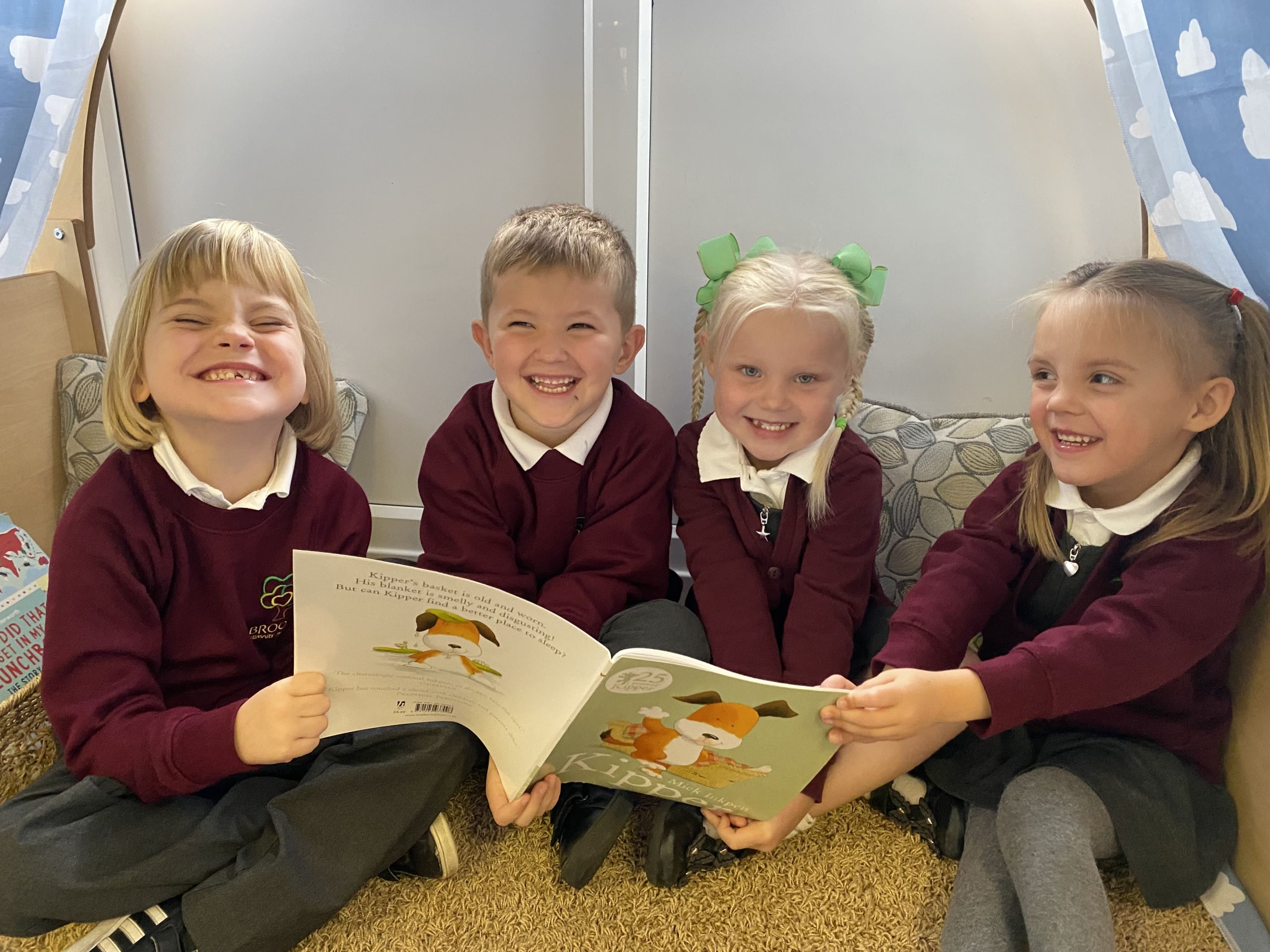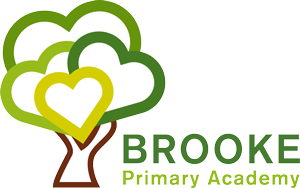
A Venn Academy Trust School
– Together we will…
Venn is a pioneering academy trust, committed to building educational environments where all pupils are inspired to become lifelong learners who achieve the very highest standards possible.
Collaborating with all partners, the Trust works with its unique settings to create world class learning experiences for all.

Reading
English
Ambition
At Brooke Primary Academy, we understand that English has an important place in education and in society. We therefore aim to provide our children with the highest quality of education possible, which allows our children to reach their full potential. Through providing meaningful learning opportunities, we aim to develop our children’s abilities to listen, speak, read and write for a wide range of audiences, purposes and contexts. We support our children to communicate ideas and emotions effectively. We give pupils the means to be creative and imaginative, as they become enthusiastic and critical readers and writers. Our carefully planned curriculum, with our children at the heart of it, enables our children to develop culturally, emotionally, intellectually, socially and spiritually in order to become a fully participating member of society. We promote, instill and foster a love of lifelong learning both within and beyond, the education community.
Reading
Ambition
At Brooke Primary Academy, children will:
- Read with confidence, fluency and with understanding
- Develop a love of reading
- Have a desire to read for a range of purposes
- See reading as a lifelong skill that will enhance their future life chances
- Develop a deeper level of emotional intelligence, empathy and understanding of the world around them, through experience of a wide range of texts
Implementation
At Brooke Primary Academy, we value reading and the whole curriculum which is underpinned by quality texts, which challenge and inspire our children. Within each term, each class will read and interpret a wide range of genres which are challenging and appropriate for each year group through a guided and shared approach, including both teacher and child led discussion. These texts are chosen to expose them to a variety of vocabulary, fuel their creativity and let them travel to worlds beyond their imagination. Our quality library allows children to choose from a wide range of authors and genres enabling them to follow their own interests and foster their own love of reading.
Alongside the daily phonics teaching following Little Wandle Revised, children in F2 and Y1 take part in reading practice sessions three times a week with a phonically decodable book that is carefully matched to their phonic level. These three sessions are focused on decoding, prosody (reading with fluency and expression) and comprehension. After reading at school children can then share their book, that they have read at school, at home with their parents and carers.
Key Stage 2 – Good comprehension draws from linguistic knowledge and on knowledge of the world. These skills develop through pupils’ experience of high-quality discussion with the teacher, as well as from reading and discussing a range of genres.
All children in Key Stage Two take part in a daily shared reading session lasting 40 minutes. Shared read is a whole class approach to teaching reading that gives children of all reading abilities, the opportunity to access books that are appropriate for their age. The texts used vary in genre, linked to the theme and are age appropriate. The shared reading process has been specifically designed to develop their reading skills – text analysis, vocabulary, evidence collection, comprehension and a stamina for reading.
Impact
By the time a child leaves Brooke Primary Academy we hope that every child has developed the following
- reading fluency
- comprehension of what they read
- lifelong habits of reading widely and often, for pleasure and information
- a wide vocabulary
- an appreciation of our rich and varied literacy heritage
- the use of discussion to learn, elaborate and clearly explain their understanding and ideas
- speaking and listening skills
- an understanding of the benefits of reading
- the experience of a wide range of quality texts across a variety of genres
- pupils who fall behind are encouraged to catch up quickly
Further information
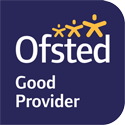
High Expectations and Progress: The school sets high expectations for all pupils, which are being met. Parents appreciate the support and information provided by the staff and are pleased with the progress their children make.

School Environment: The academy is described as a warm and welcoming place where pupils feel safe and happy. Respectful and positive relationships are central to the school’s environment.

Early Years Provision: The early years setting promotes positive relationships and collaboration among children. Adults model effective communication and use assessment well to engage children in their learning.

Governance and Leadership: Trustees and governors are skilled and committed, regularly visiting the school and maintaining an accurate picture of its operations to ensure continued improvement.

Safeguarding: The school has effective safeguarding arrangements, creating an open and positive culture that prioritises pupils’ interests.

Positive Behaviour: Changes in how behaviour is managed have helped pupils reflect on their feelings and make better choices. This has resulted in positive behaviour during lessons and playtimes.

Reading and Phonics: The school is committed to ensuring all pupils learn to read. Effective training and support for teachers, along with appropriate reading materials and catch-up sessions, help pupils read accurately and confidently.

Extracurricular Activities: There is a wide range of clubs available, such as football, rugby, forest school, and choir, which help develop pupils’ talents and interests.

Curriculum and Learning: The curriculum is well-considered, building on previous learning to deepen understanding. While assessment systems need improvement, the school’s overall approach helps in identifying and supporting pupils’ needs.

Support for SEND: The school effectively identifies and supports pupils with special educational needs and/or disabilities (SEND), involving parents in the assessment process and adapting lessons to help these pupils build new knowledge.

Promotion of Values: Pupils learn about diversity and British values through various activities and demonstrate positive attitudes and respect for others. The school also encourages community involvement, such as the choir singing in residential homes and helping at the local food bank.

Overall Effectiveness: The school is rated “Good” in all categories, including quality of education, behaviour and attitudes, personal development, leadership and management, and early years provision.

Anti-Bullying: Pupils respect each other, believe in the school’s values, and feel confident that any issues, including bullying, would be resolved quickly by adults.
